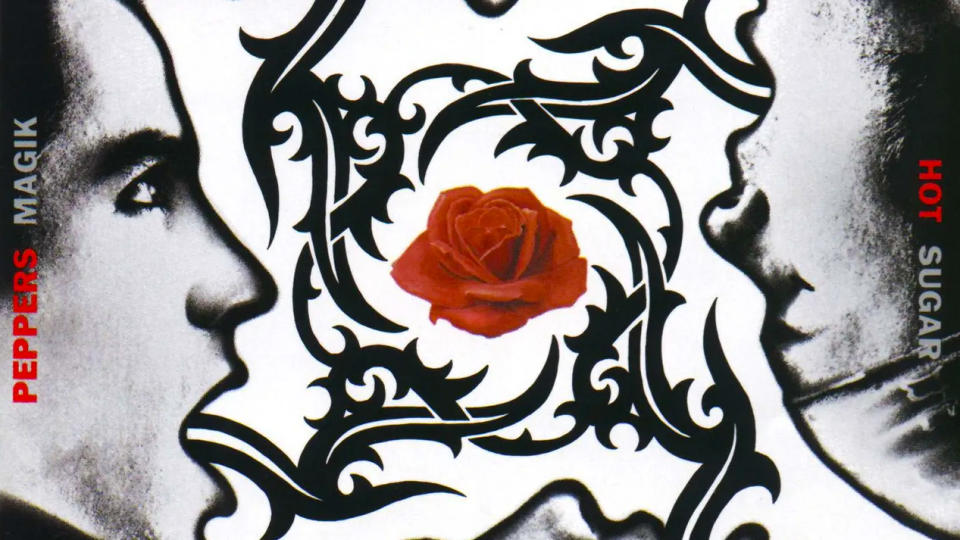Super producer Brendan O'Brien reveals how he learned the second most fundamental part of recording songs after tempo

Rick Beato's three-hour interview with Brendan O'Brien isn't just required viewing for budding producers, but all musicians and songwriters. His work with artists including Pearl Jam, Bruce Springsteen, AC/DC, Red Hot Chili Peppers, The Black Crowes, Rage Against The Machine, Soundgarden has included hands-on experience with the songwriting side of helping to produce timeless music, as well as mixing and recording. But we were honestly surprised when he owned up to something he overlooked early in his career when he transitioned from engineer to producer.
"I've got to tell you something, also," he admits to Beato around 80 minutes in during the video interview below. "A very important part of making records, whether you're writing songs, producing, is you've got to have the song in the right key for the singer. Super important.
"I did not learn that right away – I didn't even know that right away," reveals O'Brien. "I read that after we finished this record [the record being Stone Temple Pilots' multi-platinum 1992 rebut Core]. I read an interview with [producer] Arif Madin – who's one of the greats, he helped Aretha Franklin, David Bowie, everybody to sing. They asked him, 'What do you do to get started on a song with an artist?'
I think I just got really lucky that all the songs were in the right key
"'Well first I get the tempo right [he answered]. Then he goes, 'I make sure the key is right for the singer'. Huh? What? Don't the people just right the songs and the singer sings to that? Is that how it's done? It never occurred to me that was what you're supposed to be doing. Because up to that point the records I'd been doing, I'd engineered most of them, I wasn't the producer, so the songs sort of came in… and when I was producing I think I just got really lucky that all the songs were in the right key."
Eventually that luck was bound to run out and before it did, O'Brien knew he had to take this new revelation on board.
"I've got to really step my game up here," he reflected to Beato. "So from that point forward I really paid attention to the key, and sometimes when you're working with an artist – especially with a band – you have people in a band that write the songs, and the singer, it's up to them to sing and write a lyric and a melody to it often.
"At that point I would make sure we were in the right key and I would get pushback [from the musicians saying], 'Well it sounds best in this key'. Yes but no one's going to care if [the singer] can't communicate it. They're still going to care about your song if it's an F# instead of G, or A instead of F#, or whatever."
Read more

The payoff for the artist in the longer term is being able to perform – and specifically sing – the song live in the key it was recorded in.
"Some people, you'd get more pushback than others about that, but in general we were always pretty good about that," the producer reflects.
After producing Stone Temple Pilot's Core, O'Brien would go on to helm Pearl Jam's second album Vs in 1993, an album that sold 950,378 copies in the US alone in the first five days of its release. Clearly, both bands liked his methods too; O'Brien would produce the next three albums from Pearl Jam and Stone Temple Pilots, respectively.

